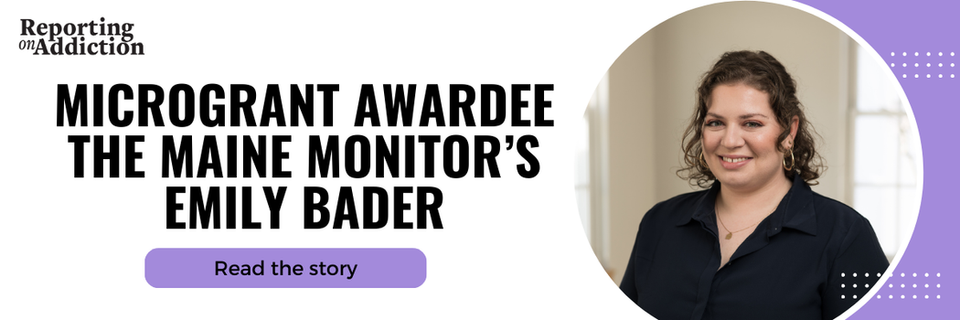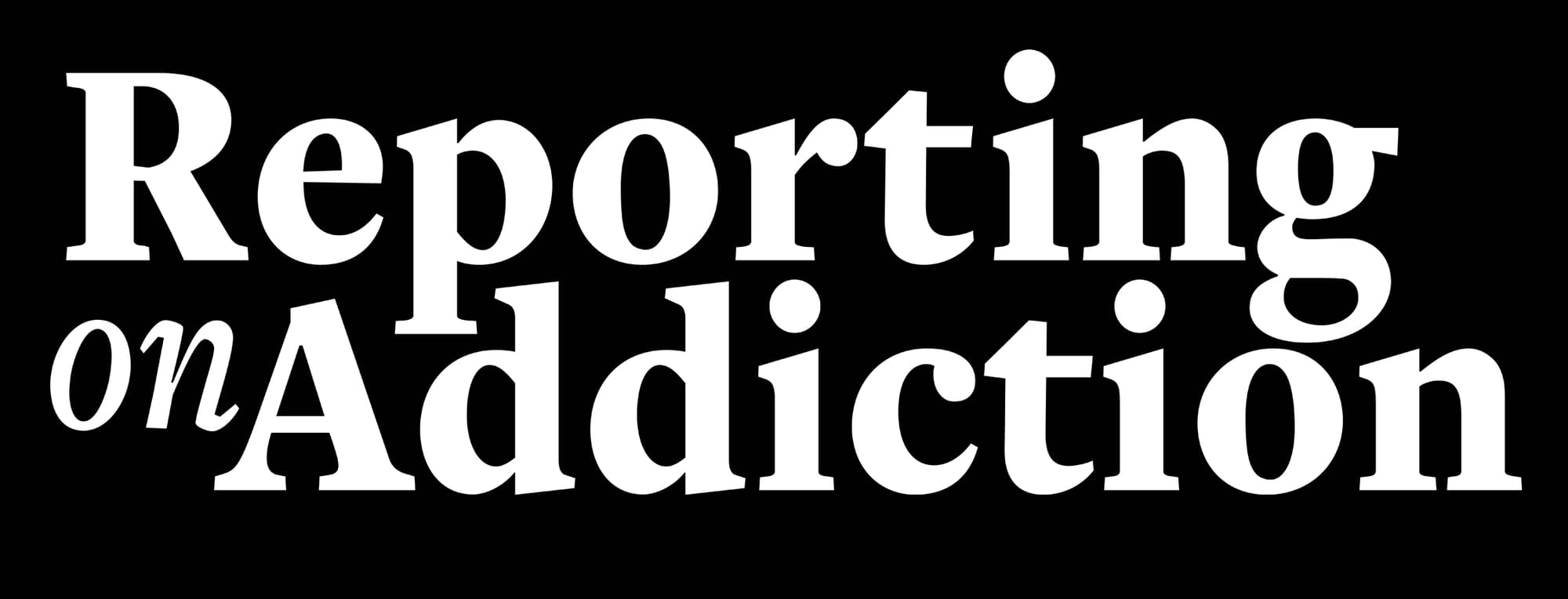RoA Microgrant Awardee Emily Bader - 2024

Today, we're congratulating Emily Bader on completing her work as part of the 2024 Reporting on Addiction Microgrant!
Emily is a health care and general assignment reporter for The Maine Monitor, and as part of her microgrant-supported work, she took a deep dive into a treatment center in Maine – one that offers care specifically for mothers that allows their children to continue to live with them. In her story "A place for women in recovery, and their kids," Emily brings us the personal stories of families who have been positively impacted by the work of Safe Harbor.
Read below some insights Emily shared on reporting this powerful story of hope and recovery.
What drew you to telling this particular story?
"Parents, advocates and even federal reviews have noted that Maine Office of Child and Family Services (OCFS) caseworkers are woefully unprepared to assess substance use and direct parents to the appropriate resources, which is further compounded by long waitlists for services. At the same time, the rate at which a parent or guardian’s substance use contributes to OCFS’s decision to remove a child from their custody is much higher than the national average – and has been since at least 2000. Substance use was a risk factor in more than half of instances – 53 percent – in which a child was removed from their home in Maine. Meanwhile, the national rate is 42 percent, according to the latest data. I wanted to learn more about efforts to connect parents to the appropriate recovery resources and potentially reduce child removals."
What did you learn from the process of reporting this story?
"Reporting on people in the early stages of recovery can be tricky and requires sensitivity and flexibility. From this and other reporting, I’ve found that some people in recovery can be so proud and ecstatic about how far they’ve come that they end up over-sharing in ways that could jeopardize the health and safety of themselves and/or those around them. I learned it’s important to confirm with sources during the fact-checking process what they’re comfortable disclosing, carefully consider which details are vital to the story, especially where kids or issues like custody or domestic violence are involved, and discuss using pseudonyms with your editor. In other words, substance use and recovery often intersect with trauma, so it’s important to keep a trauma-informed mindset while doing this reporting."
How did the microgrant from Reporting on Addiction support your work?
"Having the weight of this being a grant-funded project behind it certainly aided in the decision [in my newsroom] to hire a photographer for this story. I also went on a four day reporting trip up to Machias and Bangor to visit the home and meet these women, which was very cool. It makes a difference meeting people in person."
Make sure you give Emily's story a read on the Maine Monitor's website here.
